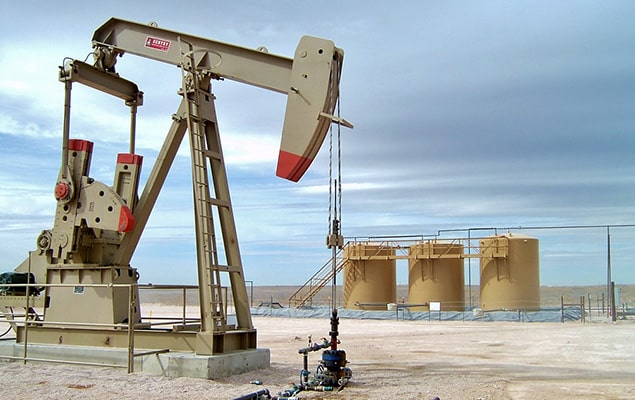Court Invalidates Gulf of Mexico Oil, Gas Lease Sale Citing Inadequate Environmental Analysis

The U.S. District Court for the District of Columbia on Jan. 27 invalidated the Interior Department’s Gulf of Mexico oil and gas lease sale citing failure to accurately consider greenhouse gas emissions that would result from the auction. The sale, Lease Sale 257, held in November 2021, offered about 80 million acres, the largest offshore oil and gas lease sale in U.S. history. The court ruling, which invalidates all 308 oil and gas leases that received bids, found that the department excluded foreign consumption from its emissions calculation and violated the National Environmental Policy Act.
The suit was filed by Earthjustice last August on behalf of the Center for Biological Diversity, Friends of the Earth, Healthy Gulf, and the Sierra Club in response to the offer of lease sale 257. The lawsuit argued that the 2017 environmental analysis that the Biden administration relied on to hold the sale is outdated. The environment groups welcomed the decision, noting that the sale was not only at odds with the administration’s pledge to cut emissions by 50- 52 percent by 2030, but also “illegal and based on previously debunked environmental analysis.”
Lease Sale 257 was held in compliance with a Louisiana district court ruling that blocked the Biden administration from implementing a pause on new drilling leases until the completion of a comprehensive review of the leasing program as set forth in an executive order issued in January 2021. The U.S. District Court for the Western District of Louisiana found that the pause violated requirements under the Outer Continental Shelf Lands Act to offer areas for oil and gas development. In August 2021, the Interior Department announced that the Department of Justice has appealed the preliminary injunction entered by a district court ruling to the U.S. Court of Appeals for the Fifth Circuit, but the leasing program will continue while the appeal is pending.
Subsequently, in November, the administration issued its long-awaited report on federal oil and gas leasing practices recommending an overhaul of the program. The report called for significant reforms to ensure fair return to taxpayers, discourage speculation, hold operators responsible for remediation, and create a more inclusive approach that provides adequate opportunity for public engagement and consultation with Tribes.
The pending expiration of a five-year federal offshore leasing plan creates the possibility the industry might have to wait until 2023 or longer to have a chance to re-bid on the affected leases. Oil industry groups said the ruling would add to uncertainty around federal offshore leasing. The American Petroleum Institute expressed disappointment with the ruling calling it “yet another example of the increasing policy and legal uncertainty that is jeopardizing the future of American energy leadership and leading to greater dependence on foreign energy sources that result in higher emissions.”
The vacatur and remand allows the department the opportunity to remedy its error with regard to the environmental review. The court said that it does not give a timeline or specify how the agency should redo its work, but instead was leaving those decisions to “sound discretion of the agency.
EnerKnol Pulses like this one are powered by the EnerKnol Platform—the first comprehensive database for real-time energy policy tracking. Sign up for a free trial below for access to key regulatory data and deep industry insights across the energy spectrum.
ACCESS FREE TRIAL